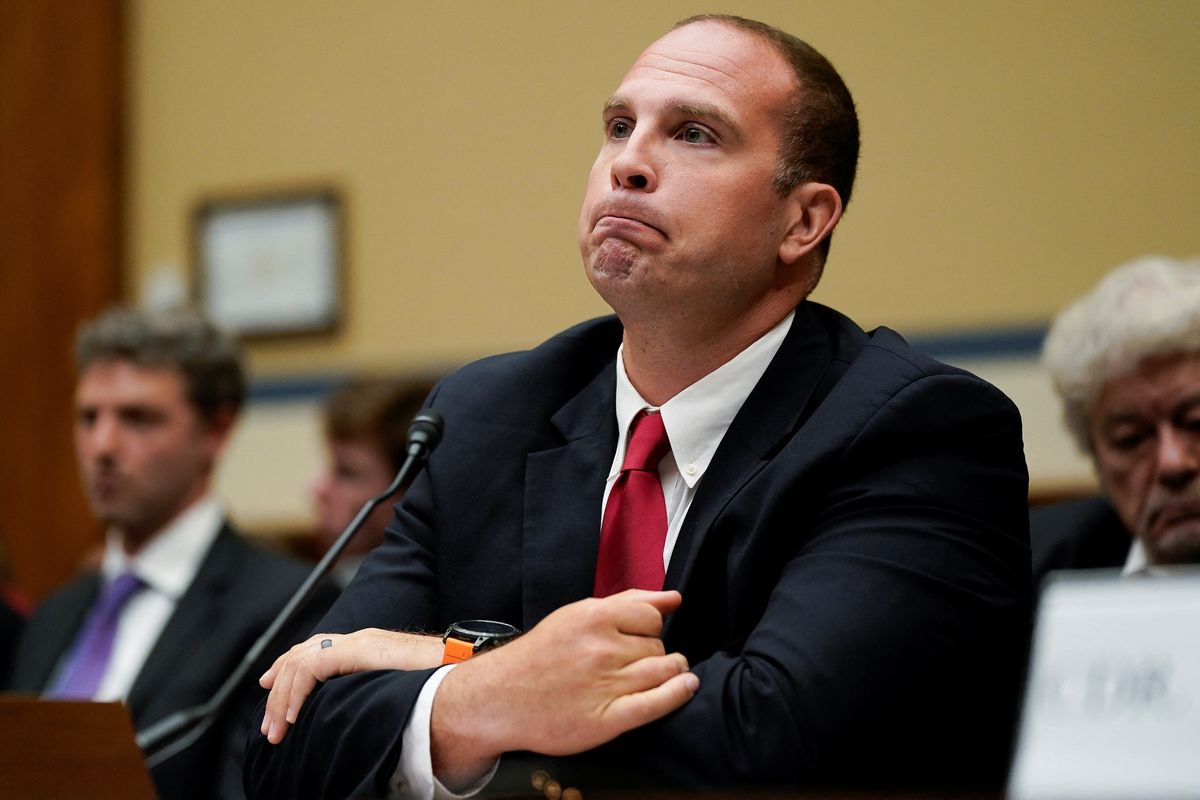What did we learn at the US UFO hearings in Congress?
Nearly everyone’s heard of “UFOs” or “unidentified flying objects.” And most of these sightings spark questions – are we alone in the universe?

A few minutes every morning is all you need.
Stay up to date on the world's Headlines and Human Stories. It's fun, it's factual, it's fluff-free.
Nearly everyone’s heard of “UFOs” or “unidentified flying objects.” And most of these sightings spark questions – are we alone in the universe? Or are there some other life forms out there? They often spark a hefty amount of skepticism, too. Many people brush off these sightings, thinking they must just be weird satellites or other aircraft. But maybe some of them are real. Is there something that world leaders aren’t telling us?
Nowadays, UFOs are called UAPs – “unexplained anomalous phenomena.” In the US, both major political parties are working toward getting the military to collect and declassify UAP-related info.
“I just want some transparency. I think everybody should be asking for that,” House Representative Tim Burchett told the Los Angeles Times. “If there aren’t any UFOs, then why’s the federal government spending so much time and effort to stop any kind of hearings, and why don’t they release these files that they have? Every file I’ve seen is so redacted it looks like a piece of Swiss cheese.”
On Wednesday, US Congress held a major UAP hearing to try and get to the bottom of these sightings and what we know (and don’t know). They heard from three witnesses.
The first was David Grusch, a former intelligence officer and whistleblower who said the US government has been covering up evidence of alien crash sites and that they’d found evidence of "nonhuman biologics" in the crashes. The second was David Fravor, a former commanding officer in the US Navy who says he circled a UAP while flying a plane over the Pacific in 2004. He described the craft as looking like a cylinder with no wings. And the third was Ryan Graves, a former Navy fighter pilot who says his squadron saw more than one unidentified object that would stay still in the air, even in strong winds. Graves founded the Americans for Safe Aerospace group, which supports pilots who’ve reported UAPs.
During the hearing, Grusch said that the US government collected and tried to reverse engineer crashed UAPs during a program that ran for decades. “I was informed, in the course of my official duties, of a multi-decade UAP crash retrieval and reverse engineering program, to which I was denied access,” Grusch told Congress.
“I am hopeful that my actions will ultimately lead to a positive outcome of increased transparency,” he said. Will we be learning more about extraterrestrials? Or are these testimonials a little too out of this world?
Grusch was hesitant to answer some of the reps’ questions under oath during the hearing, saying that he didn’t feel comfortable answering in a “public setting.” But he did offer to provide more information privately after the hearing, which could lead to a deeper, more focused investigation into these claims.




Comments ()